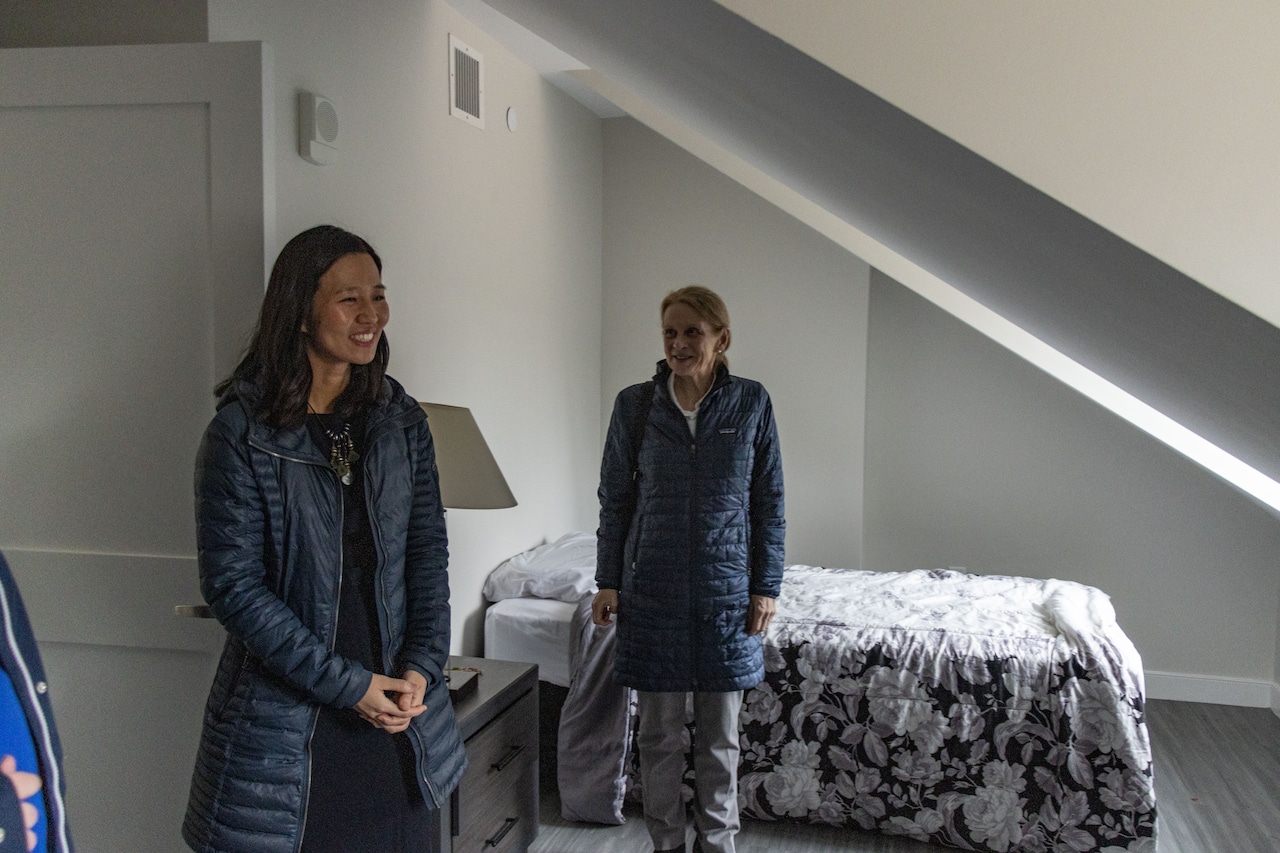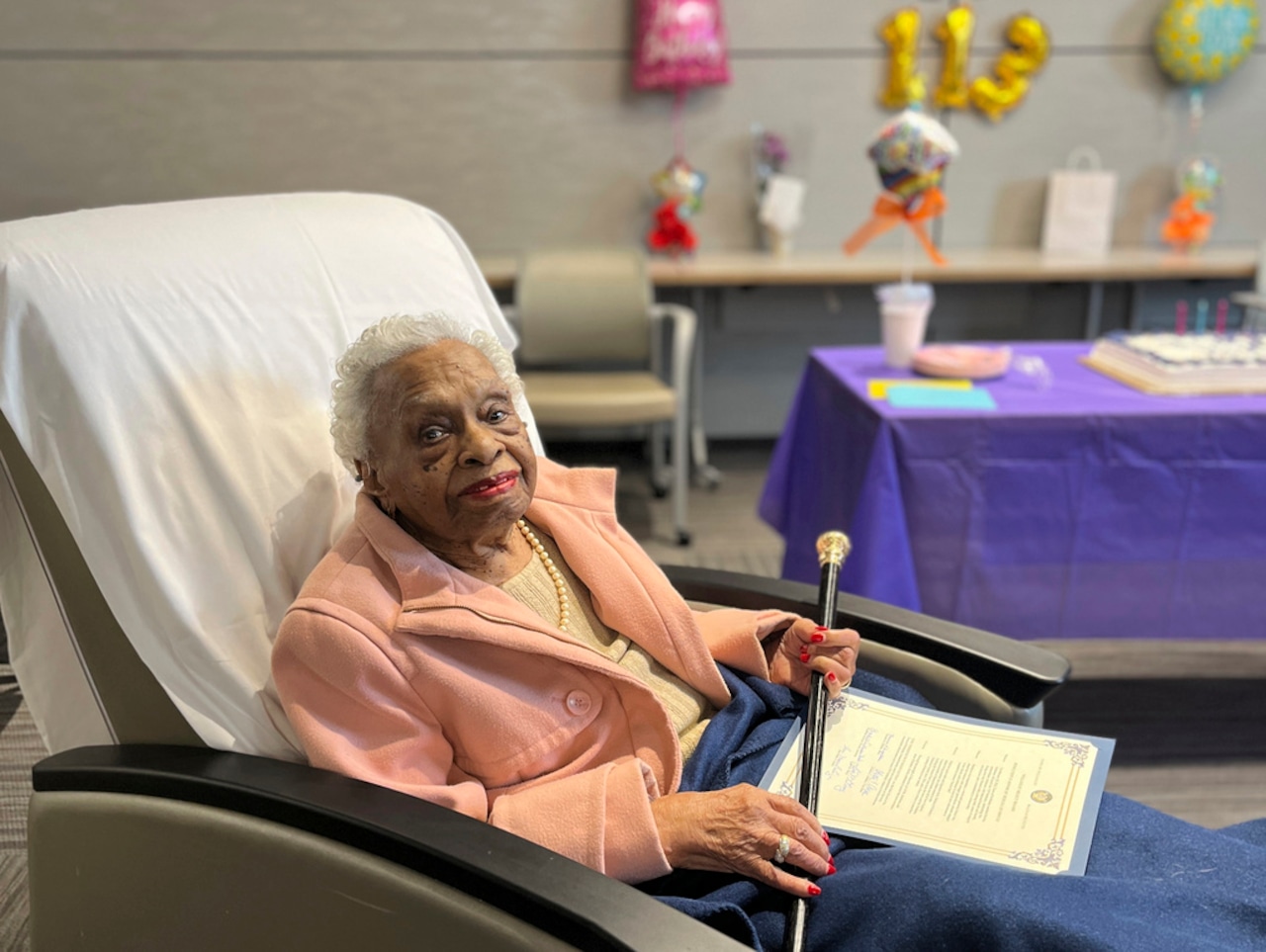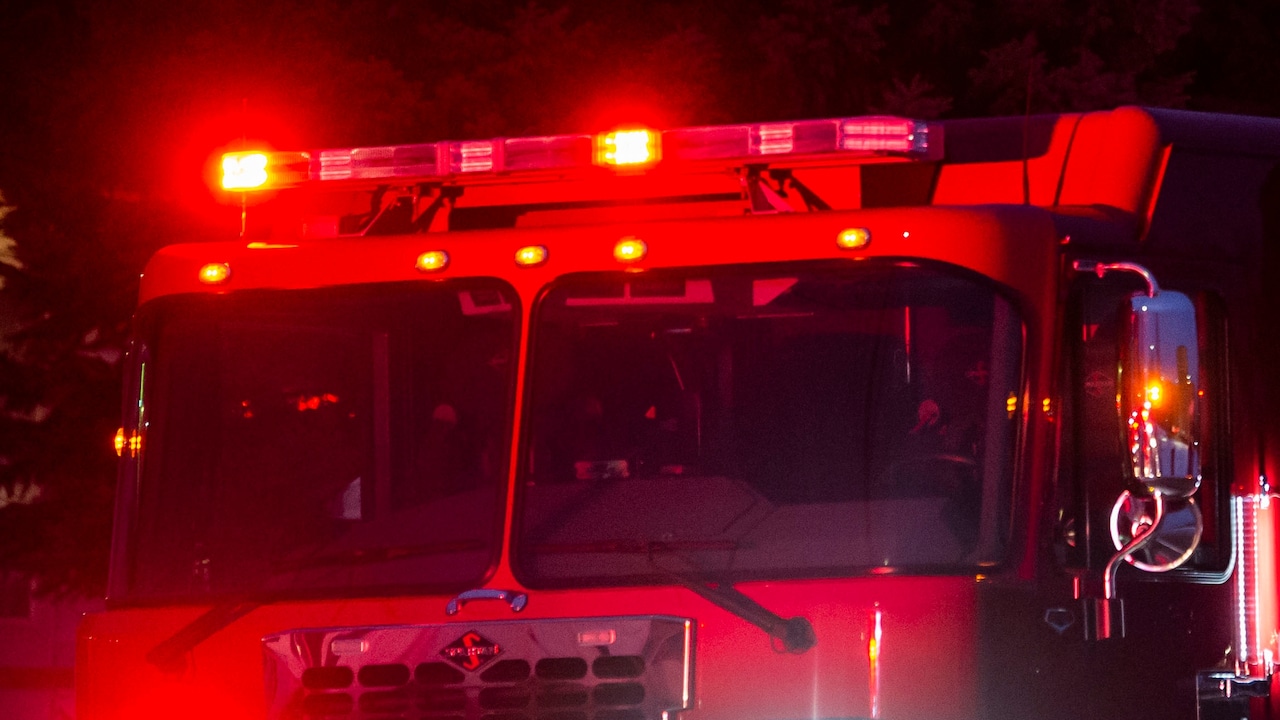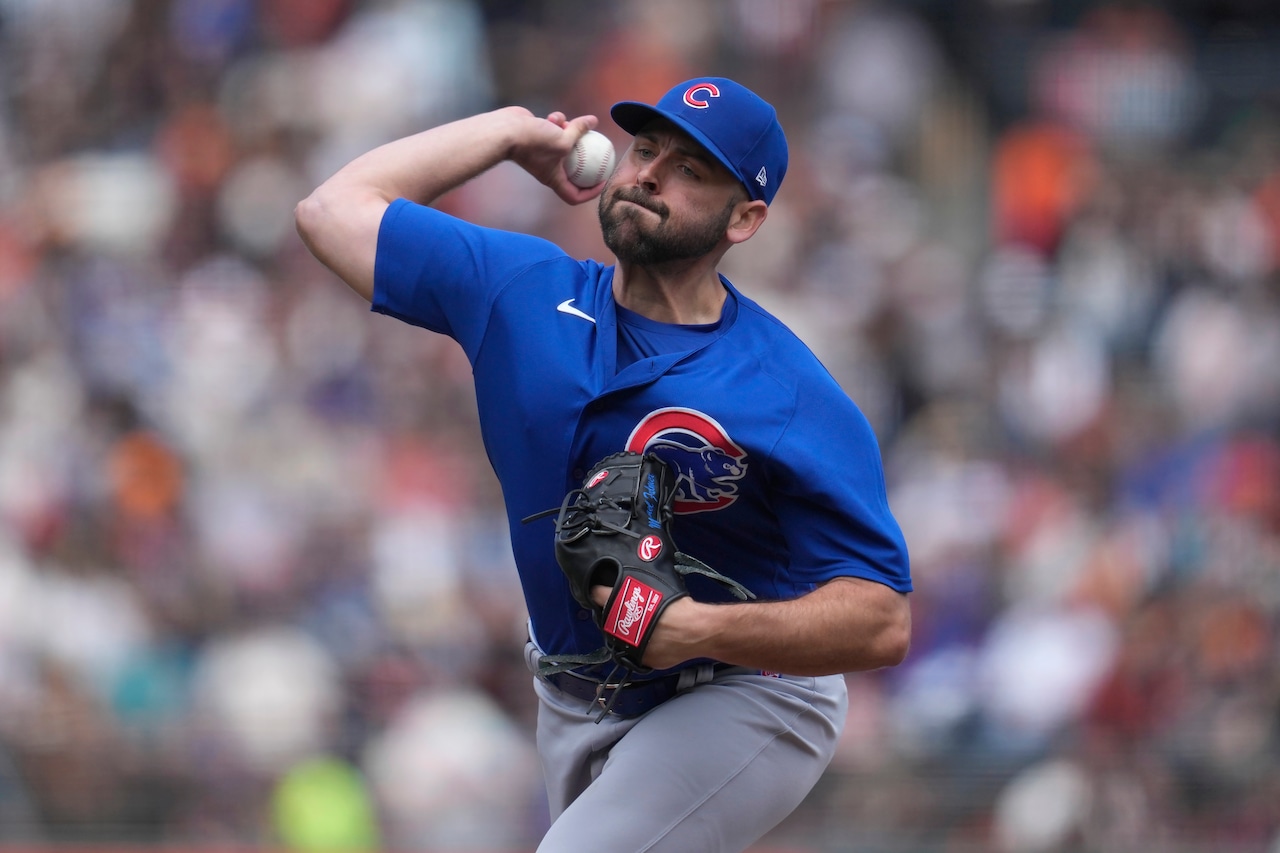
There’s a time-honored rule in politics: It’s nearly impossible to knock off an incumbent. And if you’re going to try, you’d better have an ironclad “why.” The “how” can come later.
That’s got a lot to do with the fact that the cost of failure is high.
For every Ayanna Pressley, who sent former U.S. Rep. Mike Capuano packing in 2018 by positioning her campaign as a fight for the soul of the Democratic Party, there’s a Joe Kennedy III, who couldn’t come up with a good enough reason for Bay State voters to reject U.S. Sen. Ed Markey, D-Mass., in the 2020 primary.
Enter Boston’s business leaders whose dissatisfaction with Democratic Mayor Michelle Wu is well documented — what with her plan to temporarily hike the city’s commercial property tax rate and a proposed transfer tax on high-dollar real estate transactions.
Yes, it’s a “why.”
But it may not be a compelling one in a city where rents are sky-high, where just getting to work in the morning is a round of Grand Theft Auto come to life, and sympathy for the ultra-wealthy who gaze down from their towers in the Seaport is not exactly the lifeblood that powers the city.
That still has not stopped them from casting about for a potential challenger in 2025, even though the city’s chief executive has yet to announce her re-election plans. Admittedly, it would be the shock to end all shocks if the media-savvy and seemingly ubiquitous Wu decided against a bid.
As The Boston Globe and other outlets have reported, one early contender could be Josh Kraft, son of New England Patriots owner Robert Kraft, whose potential candidacy boasts the twin disadvantages of his not actually living in Boston, and his lack of experience in elected office, despite a long history of community activism and philanthropy.
Then there’s North End restaurateur Jorge Mendoza Iturralde, who has told the Globe that he’s also planning a 2025 bid. And if there is a constituency that Wu has annoyed more than developers and real estate types, it’s the restaurant owners and saloon-keepers along Hanover Street.
They’ve gone to war with Wu over outdoor dining policies that they say have put them at a competitive disadvantage compared to the rest of the city.
“I love Boston, I grew up in Boston, I grew up in the North End,” Mendoza Iturralde told the Globe. “But I also believe that Boston deserves better. Boston deserves somebody who is going to work for the people of Boston, not for their political career.”
Off the bat, the numbers are daunting.
Wu took 64% of the vote in her first mayoral campaign in 2021, handily dispatching independent candidate Annissa Essaibi George, according to Ballotpedia.
Wu has taken some dings and brickbats, which notably include a controversial office Christmas party and her defense of a heavy-handed police response to a pro-Palestinian encampment at Emerson College. Still, her approval rating stood at 57% in a Boston Policy Institute poll released earlier this month, CommonWealth Beacon reported.
So the challenge, then, for Kraft ― if he runs ― and for Mendoza Iturralde, who appears set on running, is tapping into whatever sense of buyer’s remorse that exists among the city’s electorate as a whole, Suffolk University pollster David Paleologos told MassLive.
And right now, there’s no data to support that conclusion, Paleologos said.
“There’s no current public polling that suggests she’s dropped [in popularity],” he explained. “My assessment is that there may be problems in terms of her leadership, or specific issues where she hasn’t met the mark. But does that translate into massive erosion of her support? There may be some people who are disappointed with her. But is it enough? Probably not.”
And even if there is, there is no guarantee that either Kraft or Mendoza Iturralde start at the just shy of 36% that Essaibi George polled at in 2021.
In the intervening years, Wu has had the opportunity to go into the city’s increasingly diverse neighborhoods and use the incumbent’s time-honored tools — cash and visibility — to shore up her support.
On Wednesday, for instance, Wu held three public events, starting her day with a morning coffee hour in Eastie. Later in the day, she was set to speak at an Asian American, Native Hawaiian and Pacific Islander Heritage Month event at City Hall and she wrapped her day with a speech to the Mayor’s Youth Council year-end celebration.
Kraft has the name recognition and the deep pockets, but “he’s going to have to make the case,” Democratic consultant Mary Anne Marsh said during an appearance on WCVB-TV’s “On the Record” program last weekend. “Michelle Wu is a political force that everybody underestimates,” Marsh continued.
And even the city’s Republicans, who likely would prefer someone else at the helm, appear skeptical.
“Give me somebody who’s run for dog catcher before, [over] somebody who’s never run for office any day of the week,” Republican consultant Rob Wright told the station. “You know, big name, big money. How would he differentiate himself?”
“I mean, there’s a lot to go after Michelle Wu on ― regulation, higher taxes, … transit. How is this a good idea? I don’t think he’ll do it, even if he runs. I don’t think he’ll go after her hard enough to win,” Wright told the station.
If there is a challenge to Wu, it may end up being the last gasp of a longstanding political establishment that’s still trying to cling to power, Marsh suggested.
“It’s also the Old Boston trying to hold on to the last vestiges of power when Boston’s becoming a younger, more diverse city and everybody’s got a voice, instead of a few people having the voice,” she said.
You only get one chance to knock off an incumbent. And there has to be a “why.”






